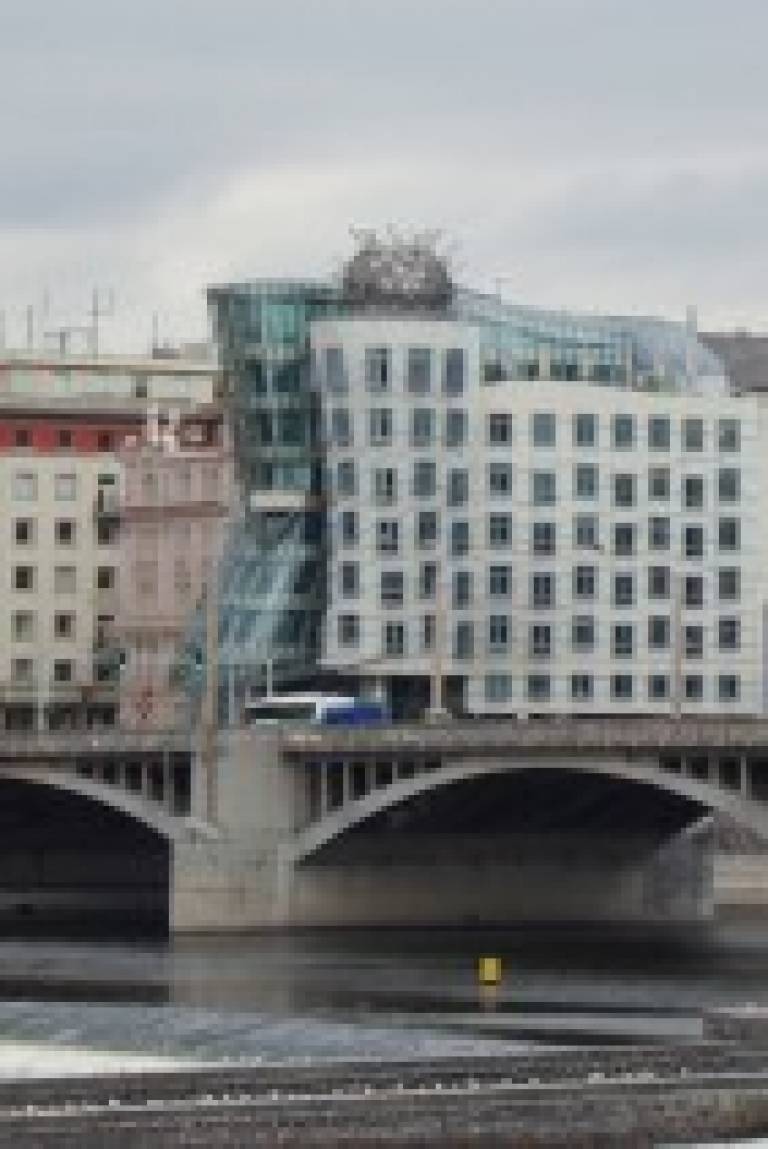Call for Papers: Achievements and Challenges for the Emerging Economies of Central Europe
25 February 2015–23 March 2015, 12:00 am–11:59 pm

Event Information
error message: 'NoneType' object has no attribute 'to_html'
Invitation for proposals to the Economics and Business Conference at UCL SSEES on 22 - 24 June 2015
error message: 'NoneType' object has no attribute 'to_html'
Key Information
- Deadline for abstract submission: 30 March 2015
- Confirmation of acceptance: 8 April 2015
- Submission of final paper: 8 June 2015
- Download the full call for papers HERE
Overview
Since the beginning of the 20th Century, Central Europe has been an extraordinary laboratory for new economic and political ideas and this rich and varied history sets the region aside as a fantastic case-study to understand the intertwined process of economic and political development.
With this in mind, the conference “Achievements and Challenges for the Emerging Economies of Central Europe” aims to take stock of our understanding of recent developments in Central Europe, from a variety of perspectives and with a broad set of focal points, through a mixture of keynote speeches from invited experts and selected contributions.
The conference intends to explore a number of specific themes of special interest to SSEES and of key relevance to the area. Thus, we are inviting proposals for paper presentations contribution focusing on the following themes:
- Entrepreneurship, Innovation and Economic Development
- The making of Modern East Central Europe
- Transition economics, Institutional Economics and Development in Emerging Markets and Transition Economies
- Political Economy of European Integration
- Health, Happiness and Well-being
- Migration
Contributions should reflect on the specificities of the geographical area being investigated: its particular history, political make-up or cultural heritage. Policy relevant research and research that contributes to our understanding of the area based on pluri-disciplinary approaches, comparative approaches (within the region and beyond) or historical enquiries will be at the centre of this conference.
Acceptance will be communicated by 8 April. Paper presentations should be 20 minutes in length with 5-10 minutes for questions.
For more information please check the conference webpage.
 Close
Close

